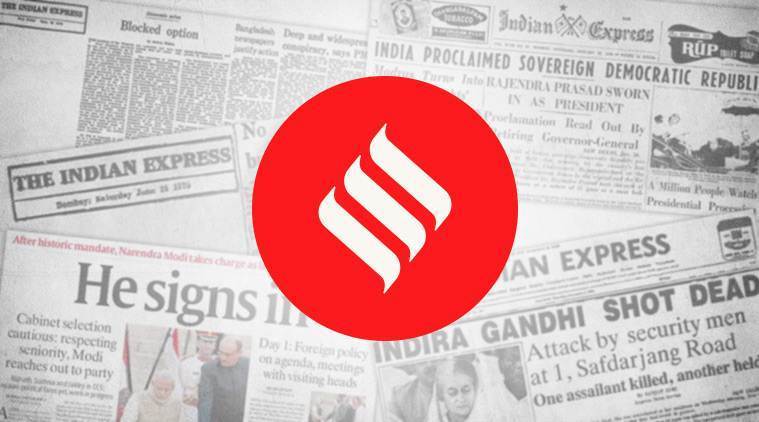 The war against the virus must, indeed, be fought in multiple arenas — and not just by government.
The war against the virus must, indeed, be fought in multiple arenas — and not just by government.
When Prime Minister Narendra Modi addressed the nation again Tuesday morning, he was talking to a people in the largest lockdown in the world, also among the most stringent and with a safety net most thin. Twenty-one days ago, he had spoken to them about its necessity to defeat the spread of the virus. On Tuesday, he reiterated that imperative as he extended the lockdown until May 3. Once again, he acknowledged and exhorted “the people”, speaking of their “tapasya”, “tyag” and “agnipariksha”, penance, austerity and sacrifice, for the collective good, and holding out the possibility of easing the restrictions in areas where they continue to be disciplined. The extension of the lockdown may well have been inevitable — it remains the only known public-policy instrument to slow the pandemic; several states had already announced their own decisions to prolong it; and Tuesday was also the day India crossed the 10,000 COVID cases mark amid reports of more districts brought into the widening circle of the infected. Yet, as the people tuned in to the prime minister, something was missing — and troubling.
The war against the virus must, indeed, be fought in multiple arenas — and not just by government. It is also true that community vigilance and solidarity are potent weapons in it. The PM was right to underline the power of “We, the People”. At the same time, this crisis illuminates, in a stark and undeniable manner, that “the people” are not one. Their suffering and, therefore, their concerns and needs are different. A lockdown in an apartment complex in Gurgaon is different from the one in Dharavi which is different from the one where those locked down are migrants who have lost their jobs, and are stranded in makeshift shelters, away from their families and homes. It would be unseeing, and more than that, unjust, to claim or project otherwise. It is not just that their inequalities cannot be elided when speaking of the people, or to them. It is also that, in this crisis, the “people” cannot be the only ones, or mostly the ones, who have the task cut out for them — to be disciplined and compassionate. While the exhortation to compassion is unexceptionable in itself, it can have two disturbing implications — it presumes that those who are in need of help, need benevolence, not what is surely their entitlement as rights-bearing citizens. And two, the emphasis on citizens’ duties can lessen the urgency of a policy response.
To be sure, in his Tuesday address, the PM said that the daily wagers and the poor were his “highest priority”. Over the next few days, the Centre and the states need to address the concerns of those who, as in Surat and in Bandra, came out on the streets against a lockdown that has clamped down on their earnings and keeps them away from their loved ones. Hopefully, this necessary and blunt instrument in the fight against the coronavirus will be made more sensitive to their plight, by including financial relief and a calibrated resumption of economic activity. For, the health and well-being of the most vulnerable holds the key to how secure the nation is — this isn’t just good policy, in a pandemic, it is good science as well.